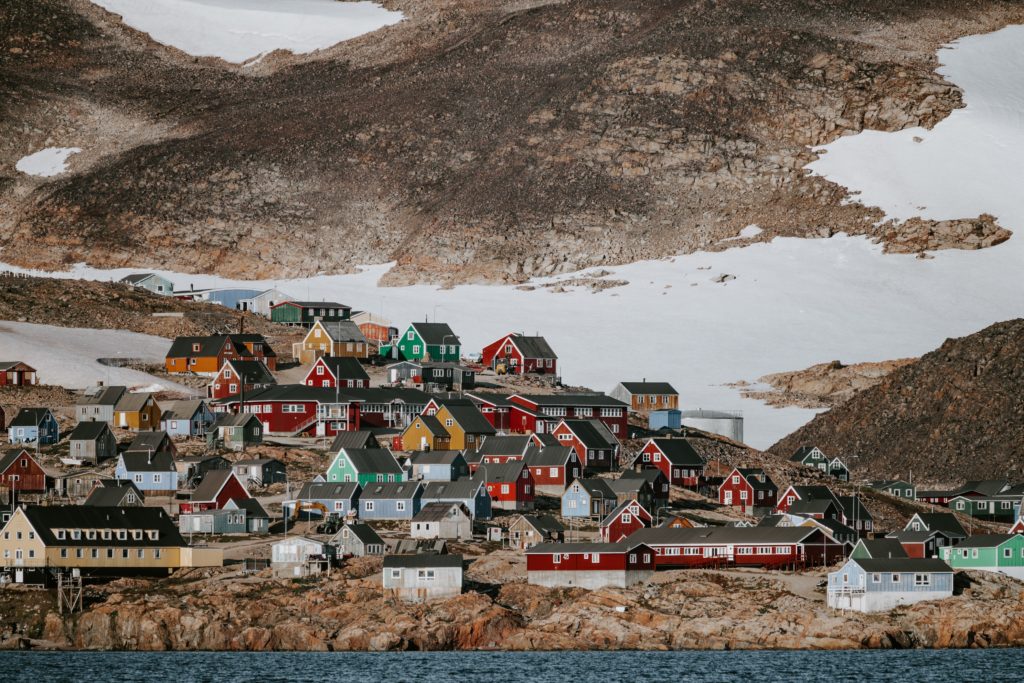The Self Rule Act (SRA) of 2009, details the Greenlandic government’s right to assume several duties from the Danish government, including:
- The administration of justice
- Business and labor
- Aviation
- Immigration and border control
financial regulation and oversight outline Greenland’s status within the Kingdom of Denmark. Greenland already has authority over taxation, fishing, internal labor disputes, natural resources, and the enforcement of laws governing offshore employment, the environment, and safety. In consultation with Greenland and the Faroe Islands, Denmark continues to be in charge of the Realm’s foreign, security, and defense policies. Denmark continues to have control over matters relating to border security, such as immigration into Greenland. Since Greenland is not a member of the EU or the Schengen Area, specific guidelines must be followed by visitors from those nations. A DKK 3.9 billion ($600 million) annual block grant from Denmark covers more than half of Greenland’s public budget and accounts for a quarter of the country’s GDP.

Revenue
The Greenlandic government aims to boost revenue by encouraging increased development in the following industry;
- fishing industry
- resource extraction
- and tourism
Also by reducing the size of the public sector by selling off government-owned businesses. The improvement of new enterprises’ access to funding and the improvement of Greenland’s corporate tax competitiveness are important goals. Large portions of the fisheries industry have seen significant revenue growth thanks to rising prices for fish and shellfish, which make up the majority of Greenland’s exports. Prawns are by far the most significant single species, and recent years have seen increases in prawn catches. Mackerel catches are also rising.
Tourism
A capital city Recent years have seen a lot of construction activity in Nuuk, and a future extension of the airport will spur even more development and assist in increased tourism. Increases in hotel rooms, a decrease in the passenger tax on cruise ships, and a focus on encouraging foreign language education to produce a more multilingual workforce are initiatives to enhance tourism. For navigation in Greenlandic waters, the government is advocating for tighter safety standards.
Minerals
Two smaller mines (ruby and anorthosite) started producing in the mineral extractives sector in 2017, while two other companies have requested permission to extract rare earth elements in southern Greenland. In one case combining the extraction of uranium, which is estimated to one day become the second-largest rare earth operation and the fifth-largest uranium mine in the world. The current administration supports keeping the previous administration’s easing of the ban on uranium mining but insists that all IAEA and EURATOM standards must be satisfied. The subject of Greenland’s uranium mining is still delicate, nevertheless.
Economic outlook
Greenland’s economy is currently expanding, although it still confronts many obstacles due to its highly specialized nature (almost 90% of exports are fisheries). The economy shrank between 2012 and 2014 before expanding by 1.7% in 2015 and 7.7% in 2016 to reach $2.765 billion. The nominal GDP is predicted to expand by 3–4% in 2017, according to the Danish Central Bank, and by 2% in 2018.
- The expansion of the port in Nuuk,
- The increase in municipal construction budgets
- The increase in the prawn quota off West Greenland
- The government-funded construction of a prison in Nuuk
As well as the construction of courthouses in several coastal towns contributed to the upward trend in 2016.
Establishing a company in Greenland
One of the following avenues is open to international businesses looking to establish a presence in Greenland:
- Through a subsidiary
- Registered affiliate
- Representative office, or taxable organization
A subsidiary is only accountable for the assets it owns. A corporation (A/S) must have a capital of DKK 500,000 (about $75,900) and a private limited liability company (ApS) must have a capital of DKK 125,000 (roughly $18,970).







